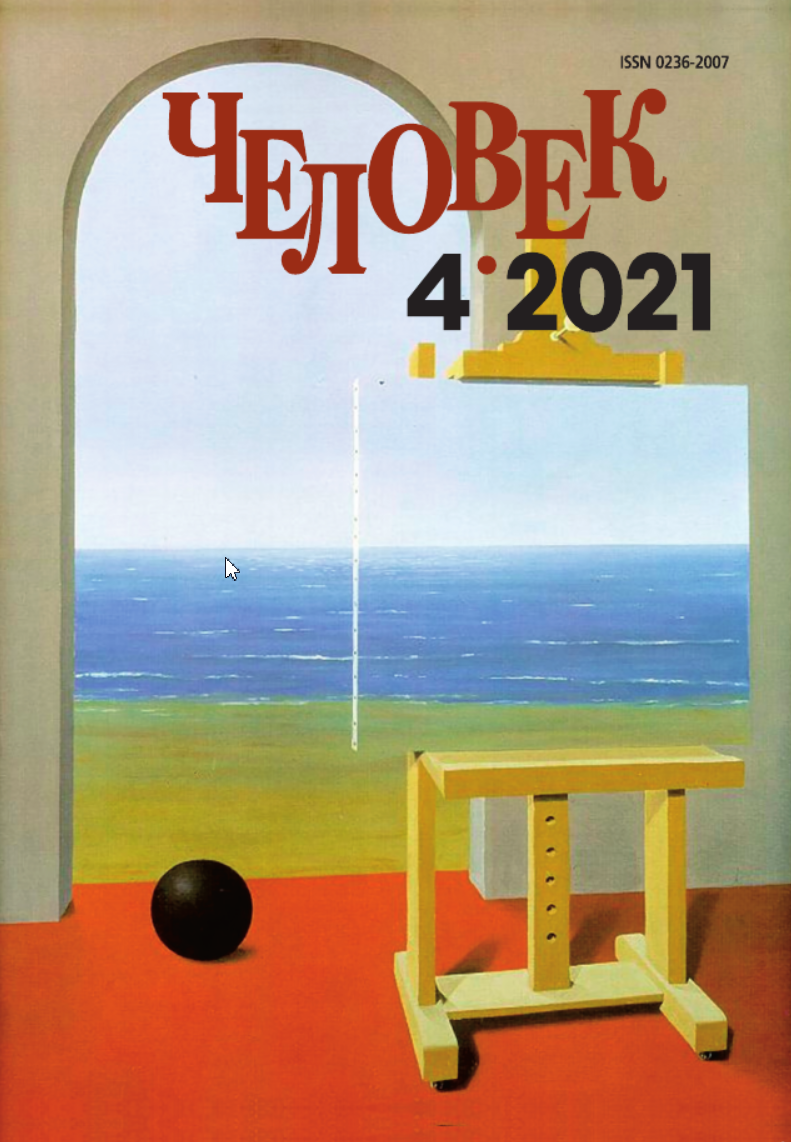Philosophy for Millions and Millions of Philosophers
Keywords:
personal philosophy, individual consciousness, everyday life, ethnoscience, philosophical criticism and ideologicalAbstract
In the article, the relationship between the highest professional specialization of philosophy and its involvement in the realities of everyday life consciousness, collective and individual, are considered. Karl Jaspers defines philosophy precisely through the natural need and ability of human being as such, from the piercing questions of children to the revelations of anomalous geniuses. Great philosophers only concentrate this sleeping ability in a person to see the world directly and every time anew. Rightly considered the most closed type of intellectual activity, philosophy at the same time provides examples of live communication and direct appeal to people and society. The fact that each of us is the bearer of philosophical ideas (whether we are aware of it or not) leads to the problem of ideology. By analogy with the constitution of the political by Carl Schmitt through the opposition "friend — enemy", ideology is constituted by the opposition of "faith — knowledge" in a single continuum between the poles of "almost religion" and "almost philosophy". If ideology asserts the non-obvious as obvious, then the mission of philosophy is a systematic criticism of the obvious. This conflict manifests itself both in society and in the consciousness of an individual. The classic understanding of ideology as a purely external manipulation (“consciousness for the Other”) is challenged by the presence in the consciousness of the individual subject of “internal dialogue” and “internal speech” with the effects of ideological work and ideological struggle with oneself (the individual as a micromodel of society and the state). Postmodern all the more accentuates the non-professional dimension of philosophy by rejecting the schemes of progress and hierarchy, the logic of binary oppositions, including high and low, center and marginal, specialized and amateur. The ability to reflect is the most important feature of a sovereign personality in its resistance to the "penetrating" ideology and new mythology, degrading to intellectual barbarism and political savagery.






